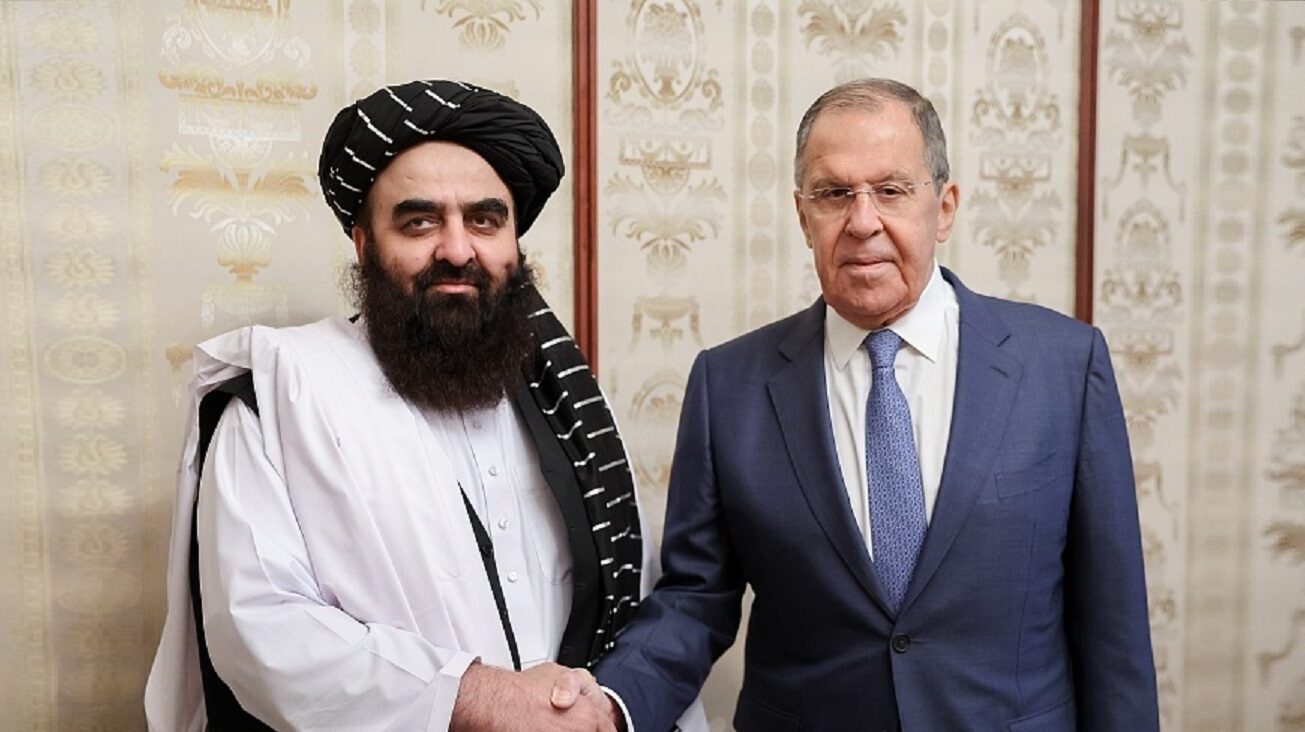Experts Question Russia’s Taliban Policy as IS-KP Threat Grows
Russia’s decision to remove the Taliban from its list of terrorist organizations, reported by Arshad Mehmood, has sparked debate over whether the move will help stabilize Afghanistan or strengthen extremist groups like the Islamic State’s Khorasan Province (IS-KP). Russian envoy Zamir Kabulov stated that legal procedures for the decision are nearly complete, with Moscow citing cooperation between Russia and the Taliban against IS-KP. Russian leaders claim the West uses IS-KP for false-flag operations, further complicating the region’s security landscape.
The latest Moscow-led conference on Afghanistan saw participation from regional powers like Iran, Pakistan, and China. Russian Foreign Minister Sergey Lavrov praised the Taliban’s efforts against drug trafficking and terrorism, urging the West to lift sanctions and return assets to Afghanistan. Despite these diplomatic moves, international observers remain skeptical about the Taliban’s ability to contain IS-KP, which has escalated attacks, including one in Moscow in 2024 that killed 145 people.
This holiday season, give to:
Truth and understanding
The Media Line's intrepid correspondents are in Israel, Gaza, Lebanon, Syria and Pakistan providing first-person reporting.
They all said they cover it.
We see it.
We report with just one agenda: the truth.


Experts cited by Mehmood caution that IS-KP’s influence continues to grow, with its attacks posing significant risks to neighboring Central Asian countries. While some analysts believe delisting the Taliban could facilitate Russian military and intelligence cooperation, others warn it might exacerbate instability.
New York-based security expert Irina Tsukerman criticized Russia’s motives, arguing that Moscow’s actions in Afghanistan mirror its destabilizing tactics in other regions. She stressed that the Taliban’s removal from the list is unlikely to curb IS-KP’s expansion.
Read the full analysis by Arshad Mehmood to explore detailed insights on these regional dynamics.

